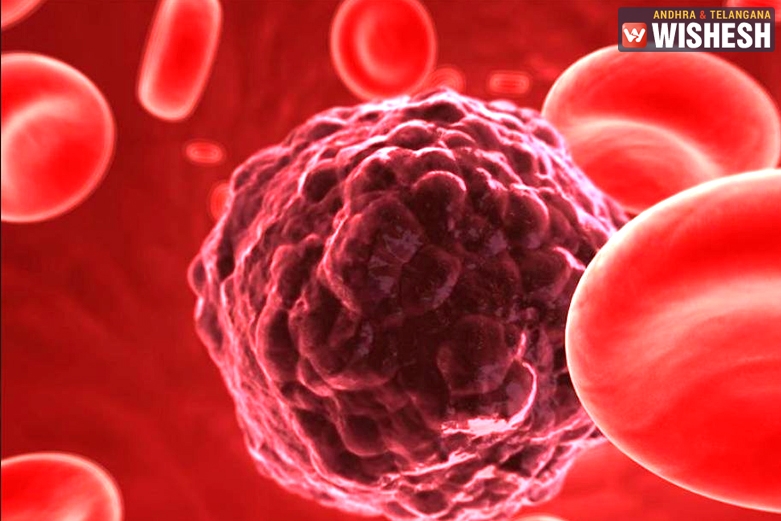
Few researchers, including one of Indian-origin, have designed a new protein that can effectively kill cells linked to the development and progression of cancer and a number of other diseases.
The protein ProAgio, which is created from a human protein, targets a cell surface receptor -- biological channel of information transfer -- linked to a number of diseases. The protein targets the cell surface receptor integrin v3 at a novel site that has not been targeted by other scientists.
This integrin is expressed in the cells of new blood vessels, that activated macrophages (immune cells that are involved in the first defence against infection), some cancer cells that metastasise or spread to other parts of the body and bone cells that are critical for maintenance and repair.
The researchers from Georgia State University in the US found ProAgio induces apoptosis, or programmed cell death, of cells that express integrin v3.
"This integrin pair, v3, is not expressed in high levels in normal tissue," said Zhi-Ren Liu, lead author of the study and professor at Georgia State University.
"In most cases, it's associated with a number of different pathological conditions. Therefore, it constitutes a very good target for multiple disease treatment," said Liu.
Indian American scientist Ravi Turaga and the other researchers did extensive cell and molecular testing which confirmed ProAgio interacts and binds well with integrin v3.
“We took a unique angle,” Lui said. “We designed a protein that binds to a different site. Once the protein binds to the site, it directly triggers cell death. When we’re able to kill pathological cells, then we’re able to kill the disease.”
Tissue analyses indicated the protein has effectively prevented the growth of tumor blood vessels, while existing blood vessels were not affected. Toxicity tests showed that the protein is not toxic to normal tissue and organs in mice.
By Premji

























